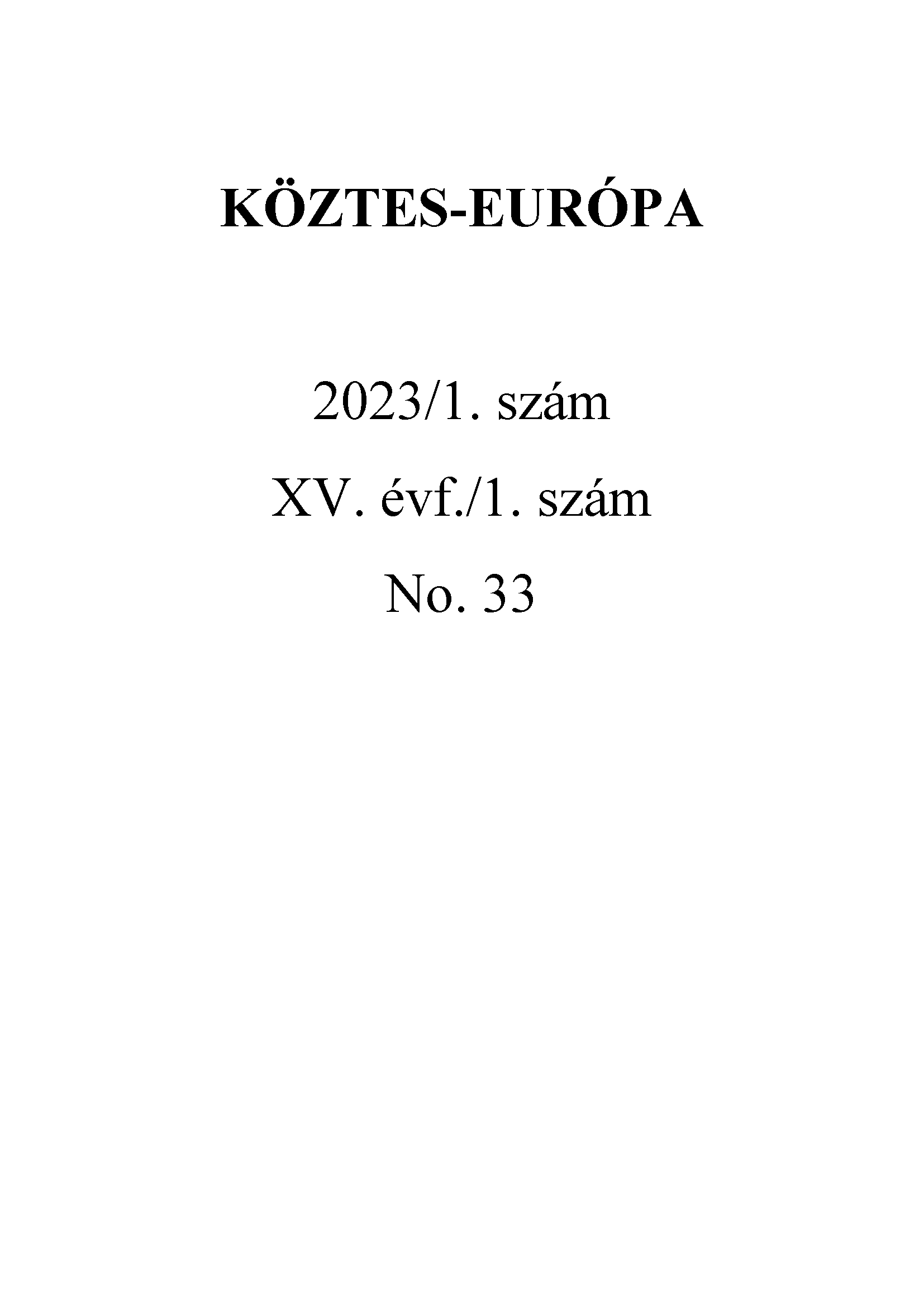The Significance of the North Sea Oil Sector in Scotland’s Economy
Main Article Content
Abstract
My article describes the development of British oil and gas production in the North Sea, including the 1973 energy crisis, and outlines Scotland’s share of British oil revenues. My research has been instru-mental in examining Scotland’s current potential to operate as an independent country, which topic has been contested for decades. The background to my work is provided primarily by publications, forecasts, and plans from the Scottish Government and the Institute for Fiscal Studies, as well as several UK academic economic and policy publications. I collected statistical data mainly from the UK statistical offices’ databases. In my research, I focus on the most challenging issue for a conditionally independent Scotland’s economy, namely the fiscal autonomy under the independence scenario, where all fiscal functions, i.e. all government expenditure and (tax) revenues, would be financed by the Scottish Government without the Westminster-provided block grant. North Sea revenues accounted for nearly 20% of Scottish revenues in 2013 and are anticipated to decline over the 2013/63 long-term period, which is unsatisfactory for the autonomy of public finances. I describe the development of British oil production and the changes in investment and revenues in the sector from the 1960s to the present day and seek to explain the devolved economic model of Scottish public finances and the North Sea oil production’s dominant role in it. Finally, I consider it essential to examine the future and potential of the Scottish energy sector.
